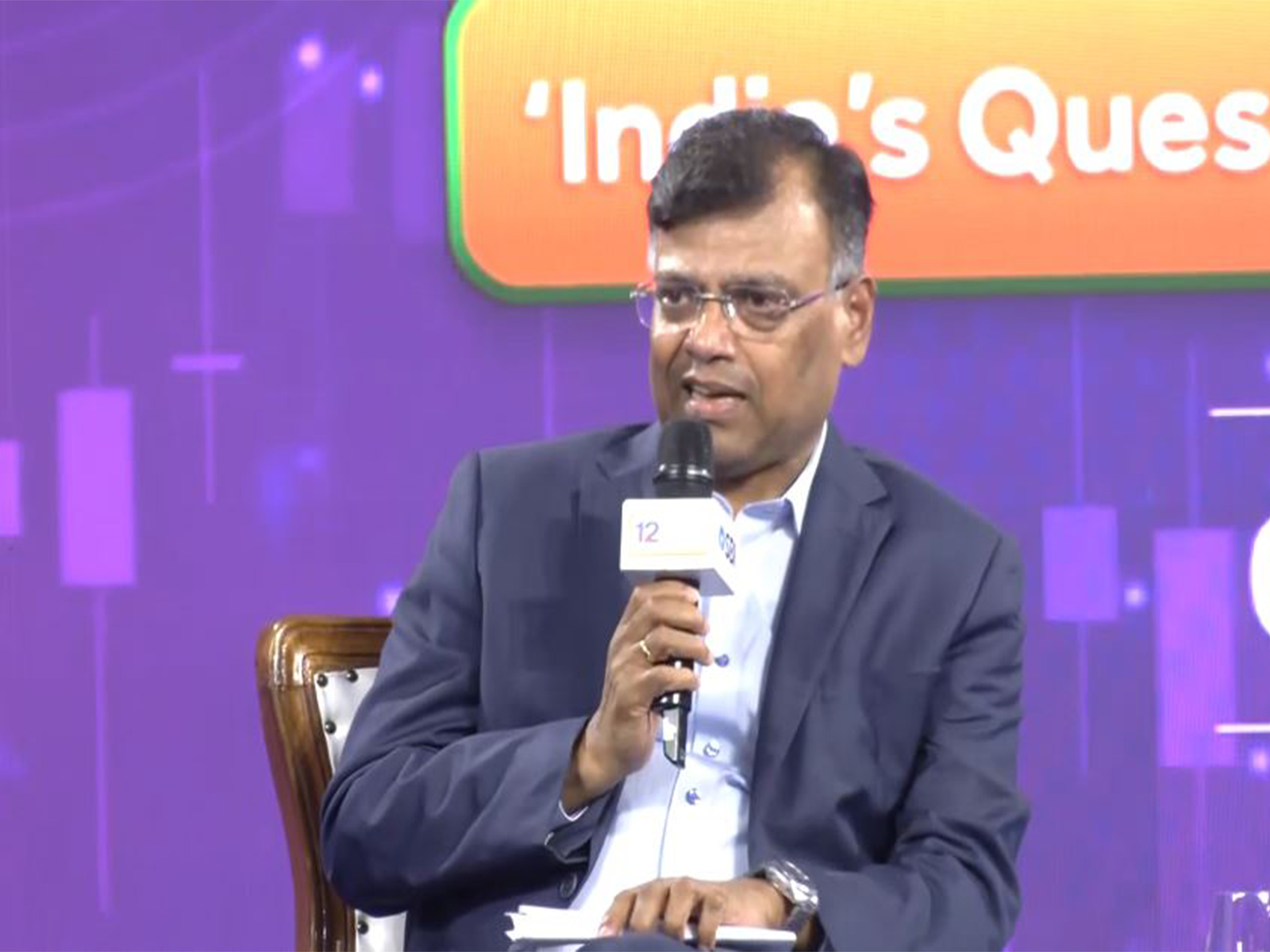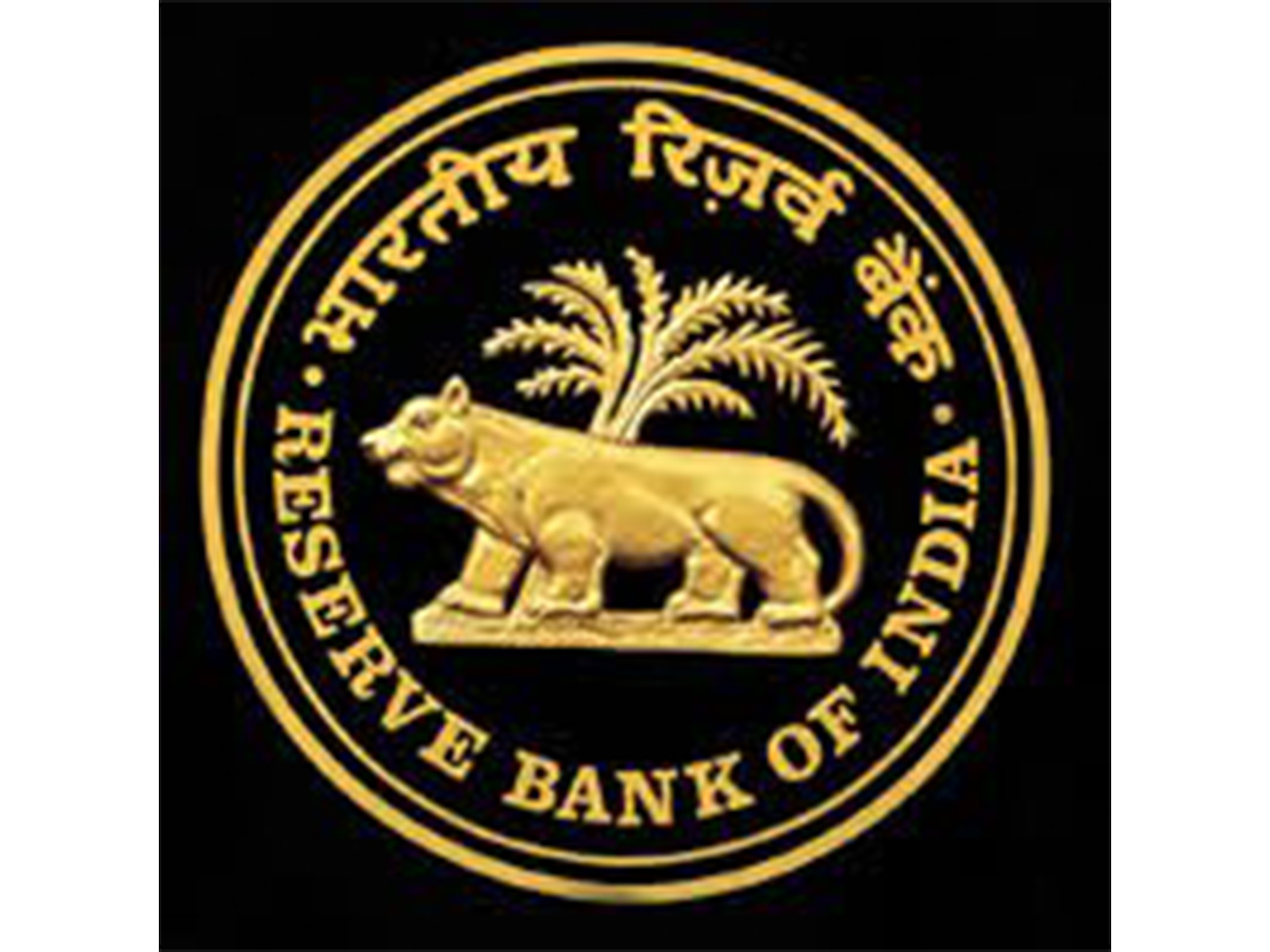Leading tech companies such as Google betting big on contextual targeting to protect digital marketing ecosystem
Jun 21, 2022

New Delhi [India], June 21 (ANI/PNN): With the rise in privacy violations in the digital advertising space and new privacy laws in place, the world's biggest tech companies, including Google, are betting big on contextual targeting--cookieless targeting--to keep users anonymous and their browsing history from being tracked to protect the digital marketing ecosystem.
According to estimates, Google, Facebook, and Amazon generated more than $30 billion in digital advertising revenue in 2021 as a result of the pandemic. Because these firms had access to massive data sets, they were able to violate people's privacy. Different privacy regulations, such as GDPR, CCPA, and CPRA, were enacted in 2018 to govern the misuse of Personal Identifiable Information (PII)--audience-based targeting.
Audience-based targeting has been used across different DSPs (Demand Side Platform). A DSP can be defined as a tool that helps advertisers buy specific and place ads across different domains, apps, and video platforms. Additionally, DSPs enable advertisers to select multiple layers of data sets to target market their audience.
The rise of audience-based targeting has resulted in the quick growth of several 3-party cookie-based companies. 2016 marked the tipping point for audience-based targeting, with several advertising platforms in the United States allowing political parties to target their audiences in an intrusive manner. This soon resulted in the enactment of various privacy acts, as well as the cookie apocalypse.
"Contextual targeting can easily be deployed to engage in-market audiences as well as to boost brand awareness," stated Akaash Ramakrishnan, Co-Founder and COO of AdSkate, a leading advertising platform focused on providing contextual targeting solutions. "For example, if you have a target audience that is on a pet forum, you can present relevant petcare product ads that can result in rapid conversions."
"With new privacy laws in place as a result of data infractions, contextual targeting appears to be the market's safest and best chance." This type of cookieless targeting is quickly making reappearance in the digital marketing ecosystem. Advertisers will be forced to adapt or eventually perish," Akaash remarked.
What is Contextual Targeting
Contextual targeting is a method of targeting a specific audience set based on the content that they are consuming. Contextual targeting uses NLP (natural language processing) and predictive modeling to understand the tonality and inflection in the content that the user is consuming. Based on the content studied the user will be showcased an ad.
Another imminent application, according to Akaash, of contextual targeting is in the CTV realm. Smart TV manufacturers have created a method to capture ACR (Audience content recognition) data to identify the audio and video content that the user is consuming. Accordingly, they can be contextually targeted across the different devices within a specific household.
The Interactive Advertising Bureau (IAB), an American advertising business association, conducted a survey called the State of Data Report, which found that 42 percent of marketers want to increase their advertising spend on contextual targeting. Furthermore, the survey states that 46 percent of industry professionals do not grasp how certain BlackBox ideas (such as Privacy Sandbox) work.
Google recently announced that Topics, a new privacy sandbox, would be implemented. Topics allow a person to remain anonymous when browsing, and their browsing history is not monitored. Chrome, the browser, will identify a group of themes that are of particular interest to a certain person. The topic data will be kept for three weeks, and the device used to browse will be investigated at the same time. This process does not rely on any external servers or APIs. Google has joined the world of contextual targeting with the deployment of Topics.
This story is provided by PNN. ANI will not be responsible in any way for the content of this article. (ANI/PNN)



















